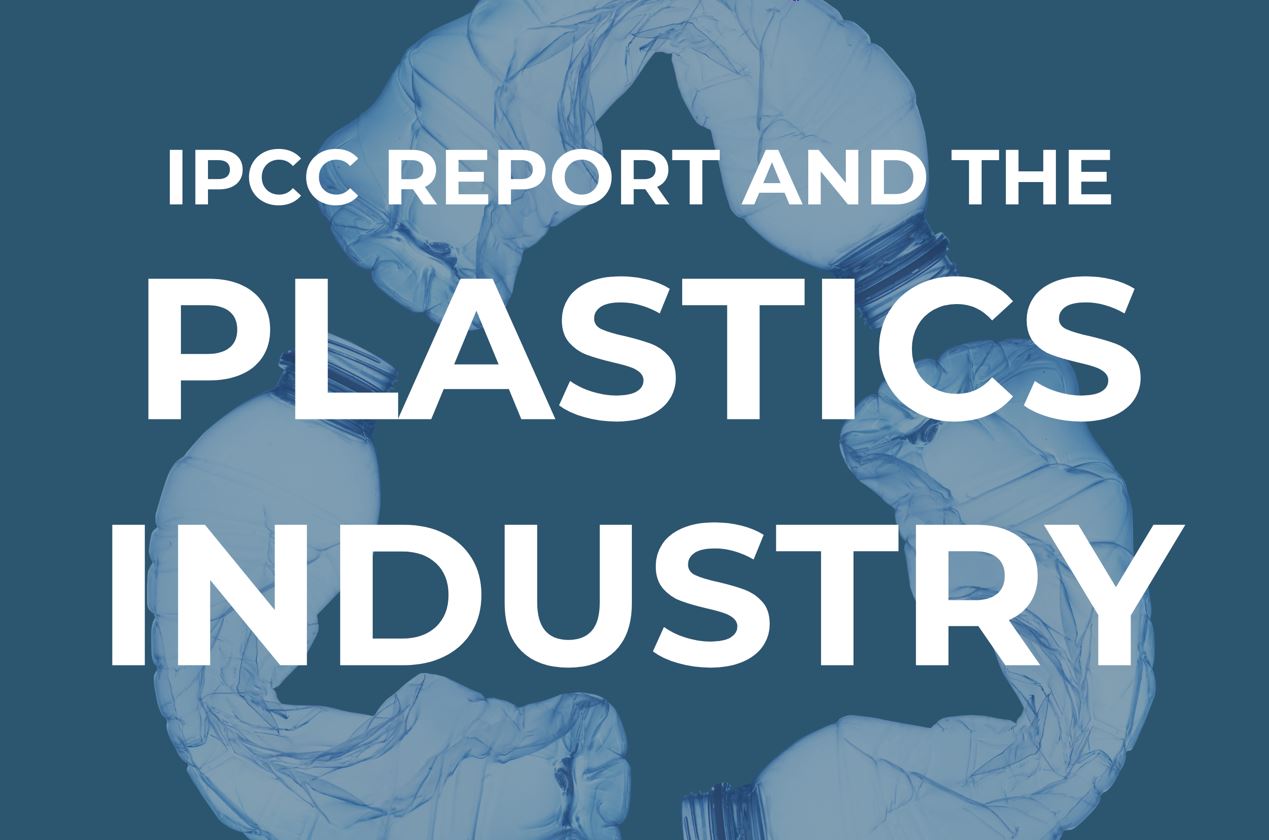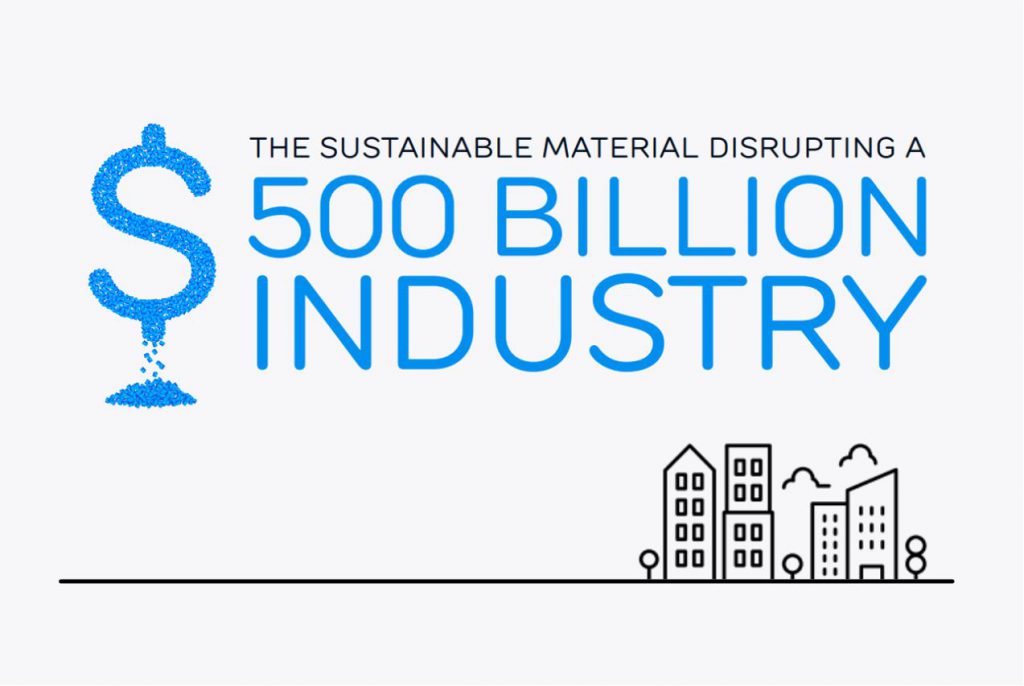Now that the Intergovernmental Panel on Climate Change (IPPC) has released their latest alarming climate report, and we’ve gathered the major takeaways from the AR6 report, what can the plastics industry expect in the coming years? How can manufacturers maximize the benefits of the material (prevention of food waste, for example) and proactively address the downsides (like its carbon footprint)?
Plastics industry professionals should expect:
1. Increased pressure to monitor and report methane emissions from oil and gas production
Plastics are expected to form a progressively large part of the oil market as the use of renewable energy grows—as a result, the industry will also claim a larger share of future CO2 and methane emissions from oil extraction. At the same time, new technology is making it possible to trace fugitive methane emissions to their source, increasing the imperative to track, report, and ultimately reduce the leaks.
2. Policies reducing the use of virgin resin
The plastic industry has been hard hit by public awareness of ocean plastic, which has already led to restrictions on single-use plastic products. There is similar momentum behind policies cutting the use of virgin resin, such as the UK’s upcoming tax of £200 per metric ton of plastic packaging that contains less than 30% recycled plastic.
3. Increased demand for alternatives to conventional recycling
The inability of mechanical recycling facilities to process the plastic we produce—due both to the quantity and the growing complexity of the materials—has been drawing attention for the past several years. The public is increasingly looking to the plastics industry to address this, either through extended producer responsibility, deposit bills, or investment in advanced recycling technologies.
4. To hear a lot about UBQ™, a climate-positive additive that can bring down the carbon footprint of your supply chain
UBQ™ is made from unsorted municipal solid waste, meaning that it has 100% recycled content. It’s also recyclable and drop-in ready, compatible with most conventional resins and production processes. By replacing virgin plastics with UBQ™, manufacturers avoid not only the upstream emissions of oil extraction but also the methane that would otherwise be released in landfills by food and garden waste—a significant enough reduction that UBQ’s projected market share would offset approximately the annual emissions of Canada.


